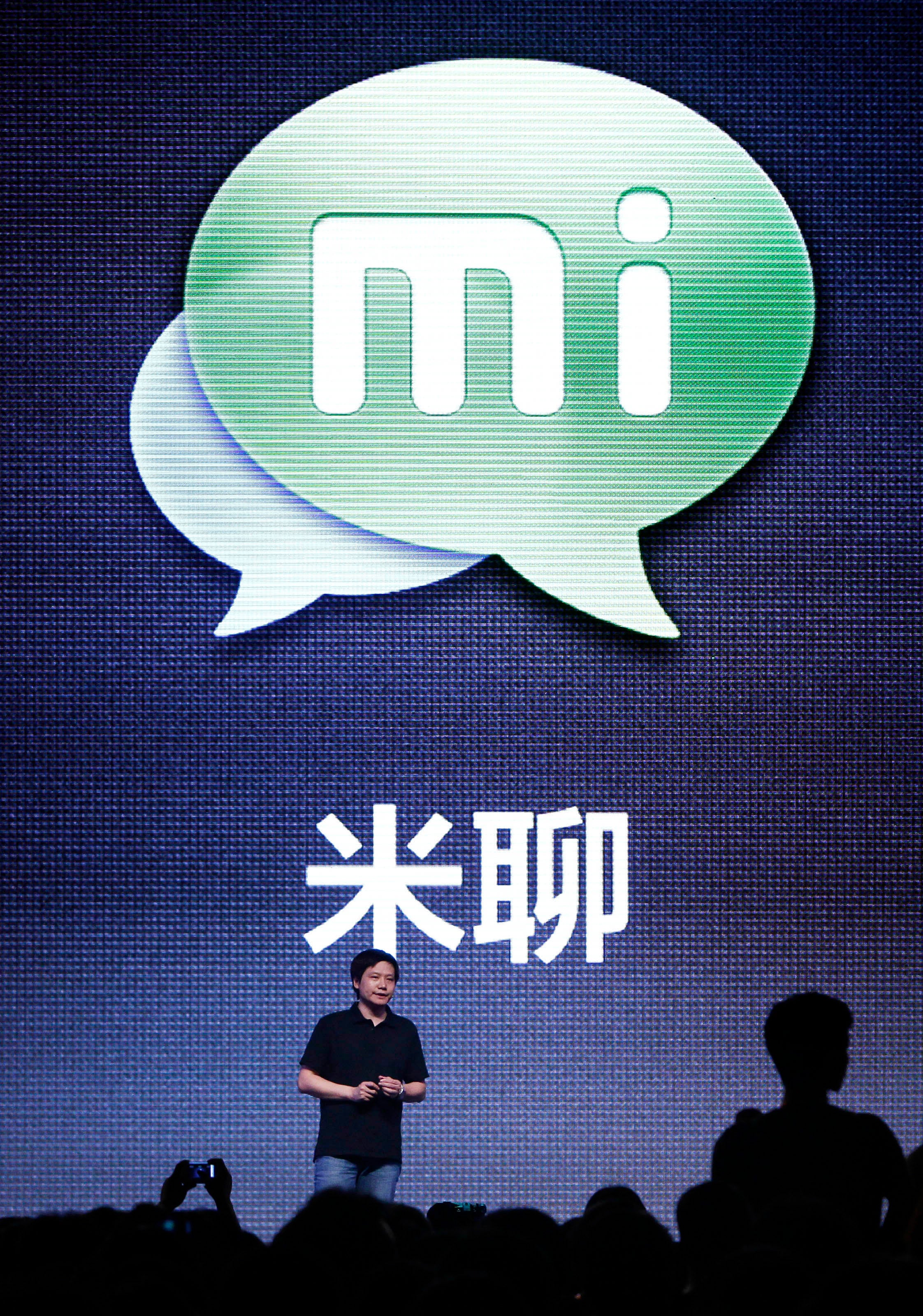The Independent's journalism is supported by our readers. When you purchase through links on our site, we may earn commission.
Who just poached top Google talent? What you need to know about Xiaomi
The Chinese smartphone maker are often called the 'Apple of the East' but that comparison is misleading.

Yesterday it was announced that top Google executive Hugo Barra would be leaving the company and joining Chinese smartphone manufacturer Xiaomi (pronounced SHAO-mee).
Barra was previously vice president of product management for Google’s mobile operating system Android, and announced the move on his Google+ page:
“After nearly 5½ years at Google and almost 3 years as a member of the Android team — the most amazing group of people I've ever worked with in my life — I have decided to start a new career chapter.”
This new path will be as Vice President at Xiaomi Global, and Barra’s decision signals the growing importance and ambition of Chinese phone-makers. The ex-Android exec has said it will be his responsibility to “expand [Xiaomi’s] incredible product portfolio and business globally.”
Yet for many, this ‘incredible portfolio’ and Xiaomi itself are both unknown quantities. How has a three-year old company barely heard of outside China managed to attract such a senior and well-respected figure in the mobile industry? Here’s why Xiaomi matters:
They’re growing fast.
Even within China Xiaomi is far from dominating the mobile landscape. Recent figures from Canalys show the company only holds 5 per cent of the Chinese smartphone market in the second quarter of 2013. This is slightly ahead of Apple (4.8 per cent) but still far behind the leaders, Samsung, with 18 per cent.
However, considering that the company only sold its first smartphone in 2011 Xiaomi has seen phenomenal growth. Recent rounds of investment funding have valued the company at $10bn (£6.5bn), more than doubling last year’s valuation of $4bn. This means the company is now worth nearly twice as much as Blackberry.
Xiaomi's Hongmi smartphone sold 100,000 units in 90 seconds.
They’re in the right place.
In 2012 the company sold 7.19 million smartphones, in March this year founder Lei Jun predicted sales of 15 million for 2013. Just last month he bumped this prediction up to 20 million.
This growth is partly good timing: figures released by Gartner in August this year showed that for the first time smartphones are outselling feature phones globally and the Asian region is one of the fastest growing. China overtook the US this February to become the world's biggest smartphone market, and Xiaomi is riding this wave upwards and upwards.
Their business model is right for the times.
Comparisons are frequently made between Xiaomi and Apple, and between the Chinese company’s billionaire founder Lei Jun and Steve Jobs. This is tempting (especially considering Lei’s penchant for the jeans-and-trainers look) but essentially misleading: Apple and Xiaomi make their money in very different ways.
Whilst Apple’s profits are largely from generous margins in hardware production (the iPhone 5 costs around $200 to make and retails for around $600) Xiaomi sells its products as cheaply as possible simply to get people onto their system. Speaking to All Things D earlier this year, Xiaomi co-founder Bin Lin said “We essentially price our phones at bill-of-materials.”
They’re not Apple.
Lin describes the future of the mobile internet – and therefore the future of Xiaomi – as rooted in services: “Cellphones are really just like PCs were 20 years ago. They generated big profit margins in the beginning. But those margins are in the single digits now. The same thing is beginning to happen to smartphones. So rather than focus on devices where margins will decline, we’re focusing on services.”
And Xiaomi also have a proven track record in services. CEO Lei Jun made his first fortune by founding Joyo.com, an e-commerce site that sold to Amazon in 2004 for $75 million (it’s now Amazon China). It’s convenient to call Xiaomi a phone-maker but they’re also China’s third largest online retailer: their monthly revenues from web services is currently around $3.2m, but that's predicted to rise to around $21m-$24m by the end of next year.
Meanwhile the average selling price (ASP) for the iPhone is dropping and Apple have been forced into releasing a plastic-cased iPhone 5C (most likely out 20 September) aimed at recapturing sales in markets like China. When Apple has to sacrifice their long-standing sales pitch of offering only the best quality you know that the things must be seriously against them. In China however, Xiaomi's there already.
Xiaomi CEO Lei Jun has been compared to Steve Jobs, though not whilst wearing a suit.
And the future?
Despite all of this growth and potential in China, it’s still uncertain whether Xiaomi can be a success in Western markets. Huawei are the only Chinese phone-maker to make any inroads into US and UK markets, and their presence is still minimal.
What plays well for Xiaomi at home – the cheaper handsets for example or selling directly to consumers online – are likely to be looked on suspiciously abroad. ‘If it’s that cheap can it really be any good?’; ‘If my mobile network isn’t selling me this phone, how do I know it will work for me?’, etc. Barra’s move from Google will certainly help develop Xiaomi’s global strategy, but an image problem might be a tougher problem altogether.
Subscribe to Independent Premium to bookmark this article
Want to bookmark your favourite articles and stories to read or reference later? Start your Independent Premium subscription today.

Join our commenting forum
Join thought-provoking conversations, follow other Independent readers and see their replies